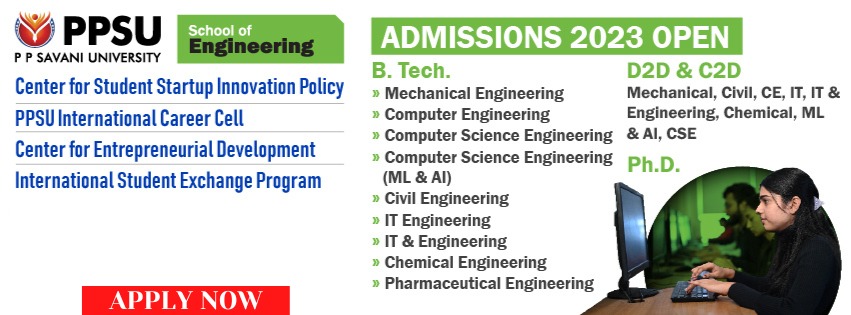In accordance with “toddler to college” reformations, since the system of 10+2+3 was introduced, the government presented the new National Education Policy on Wednesday. It rearranges the school education by keeping 3 to 6 years as pre-school, tone downs the “high stakes” of board exams, initiates the SAT-like entrance test for university admissions, offering options of 4-years bachelor’s program at under-graduate level. It is viewed as the most ambitious education policy as of now.
The new change in the board structure, seeking the exams to be a test as “core competencies”, is proposed to be implemented from the upcoming 2021 academic session. The new entrance test for the university will be in action regarding college admissions from the 2022 academic session. The aim of NEP is to provide students with increased flexibility among subjects without rigid categorization of arts or sciences, curricular or extra-curricular activities, etc, as mentioned by the government.
Putting emphasis on vernacular medium, HRD minister Ramesh Pokhriyal along with I&B minister Prakash Javadekar proposed the beginning of vocational education since sixth grade including internships. The policy will be emphasizing learning in mother tongue or regional languages, as preferred by students. Pokhriyal commented that since most learning takes place in the mother tongue, the education board will be ensuring the possibility of using home language, regional language, or mother tongue as a medium of instructions at least up to class 5, keeping in focus until class 8 as well. Establishing the foundational stage, children will gain exposure to different languages, while emphasizing on mother tongue.
The new idea looks at altering the college educational system. It plans on replacing University Grants Commission with a new principle governing action, i.e. Higher Education Commission of India with branches for regulation, setting the standards, accreditations as well as grants. The NEP demands flexible curricula, creative integrations, and combinations of subjects, vocational education while keeping multiple entry-exit points at the undergraduate level. Over time, colleges will be able to award degrees to the students themselves without seeking affiliations. Also, there will be no M.Phil prior to a Ph.D. following the master’s degree.
The strategy at hand is to convert the school education system as a “5+3+3+4” system while having 3 years as pre-schooling. School examinations will be held in Grades 3, 5, and 8, which are to be conducted through appropriate authorities. Grade 10th and 12th board exams will be “redesigned”. A new National Assessment Centre, PAREKH (Performance Assessment, Review, and Analysis of Knowledge for Holistic Development), will be introduced which will set up standards.
Early Childhood Care and Education (ECCE) from age 3 years, is also involved in the new structure. Attainment of foundational literacy and numeracy by class 3 is being put on focus as part of universal foundational literacy and numeracy in primary school mission to be taken up by 2025. Students will have the facility to take board exams on two occasions during any school year, i.e. one main exam and one for improvement if wished. Board exams would be made “easier” since they will simply test core capacities and competencies instead of the time duration of coaching or memorization.
The policy also proposes that Sanskrit will be offered at all levels of school and during higher education as well, as an essential enriching option for students, including options of the 3-language formula.

















Leave a comment